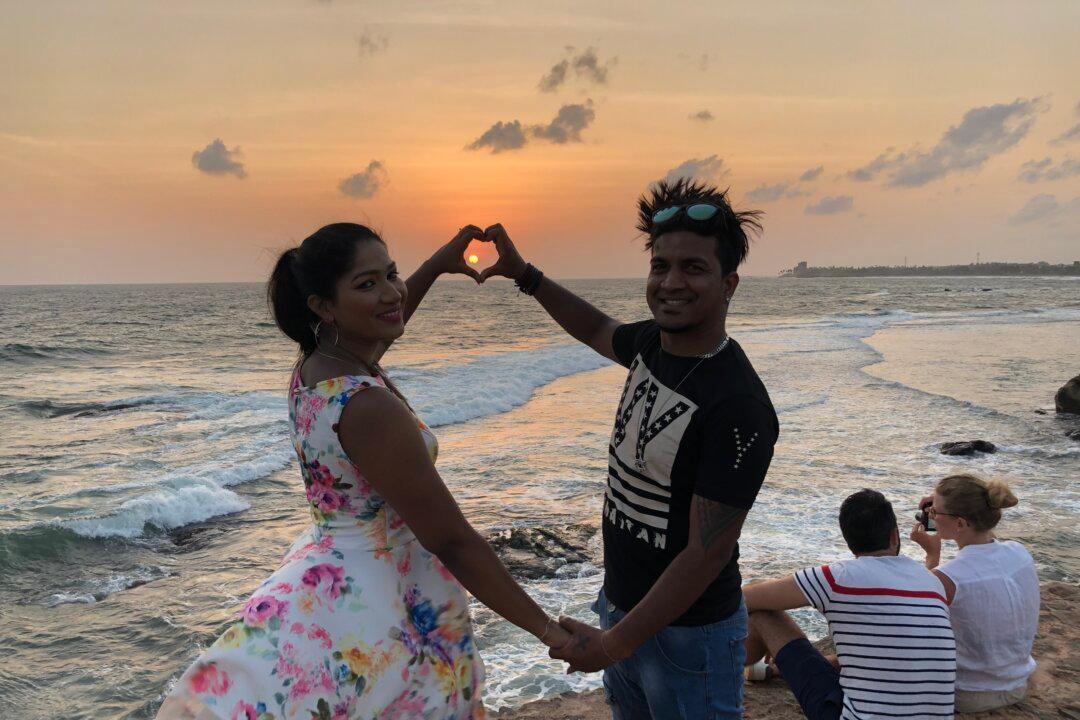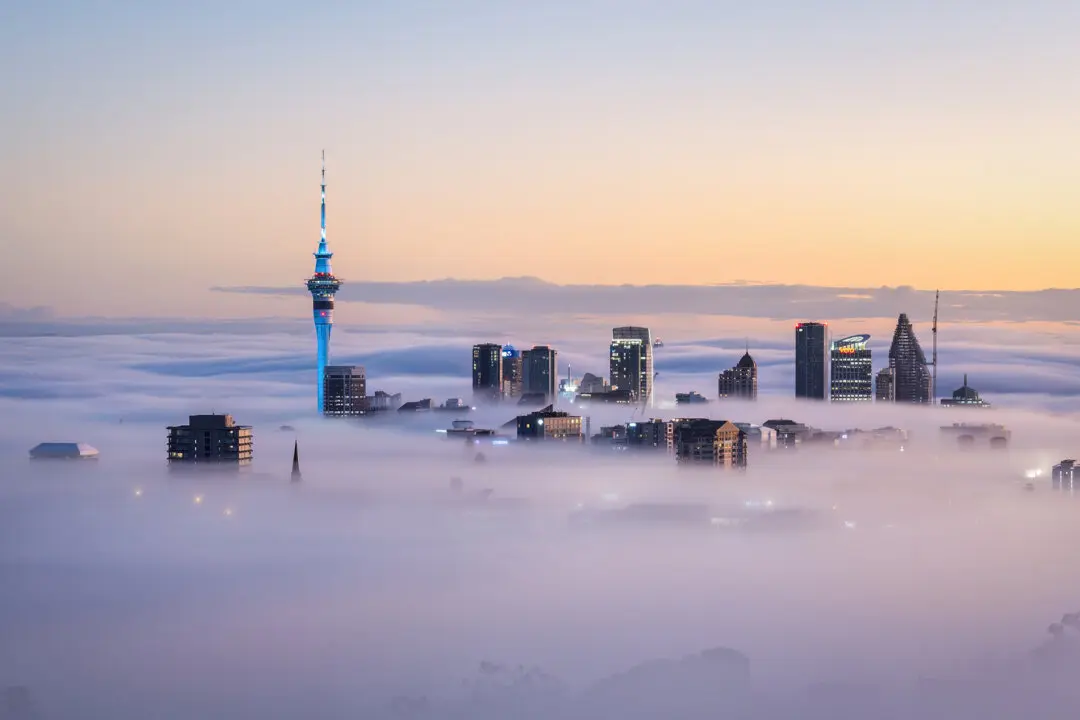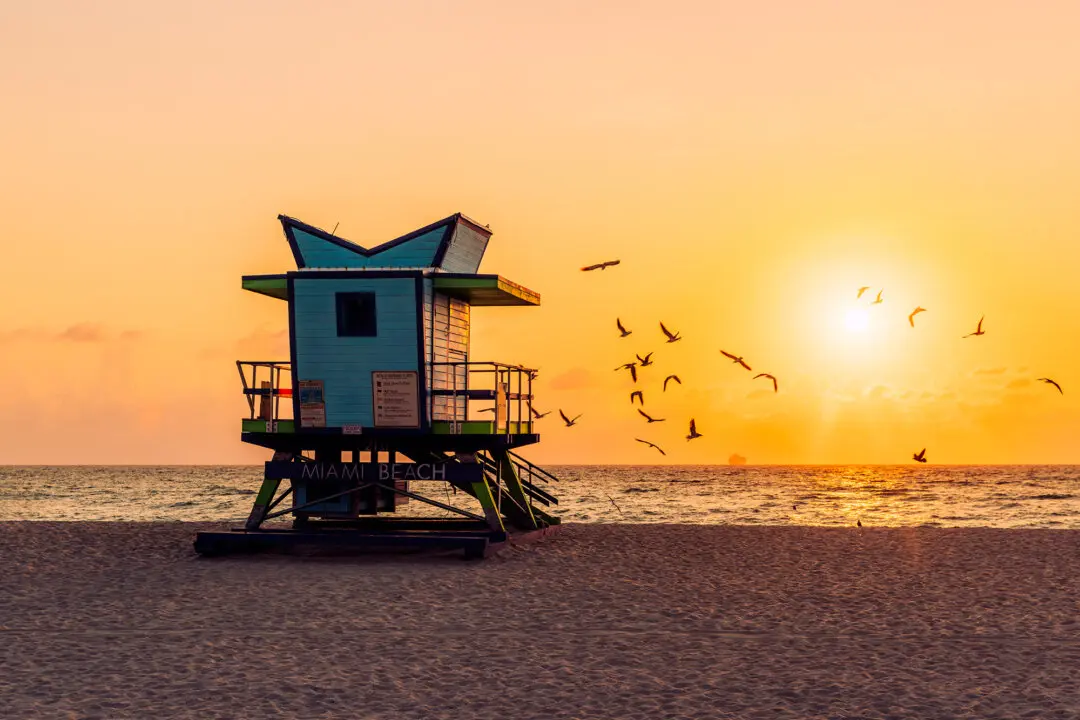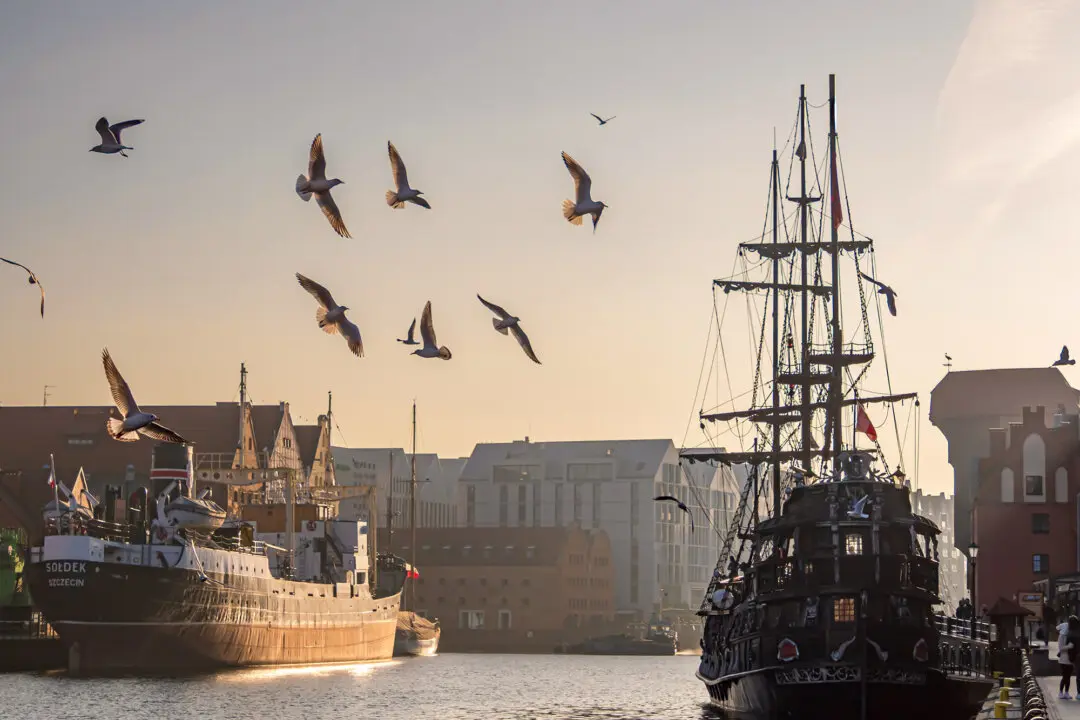The traffic is almost as thick as the heat hanging over the streets of Colombo, but I’m just glad to be here, in the passenger seat of a cool, air-conditioned car, sitting next to Uranius Fernando, a tour operator filling in the gaps as a ride-share driver. Having arrived earlier that morning by ship, sitting on my balcony as we cruised in past massive stacks of shipping containers and waving workmen, we docked next to a huge cargo ship. Disembarking, connecting with my big-bearded driver was a challenge in this rambling port, but we both stuck with it. And now, I’m hearing his story.
“I was in church on Easter Sunday, when the bombs went off,” he explains, going back to that fateful day last May. “I was on the far side, but my uncle was close. His leg was injured, but he has recovered, thankfully.”





